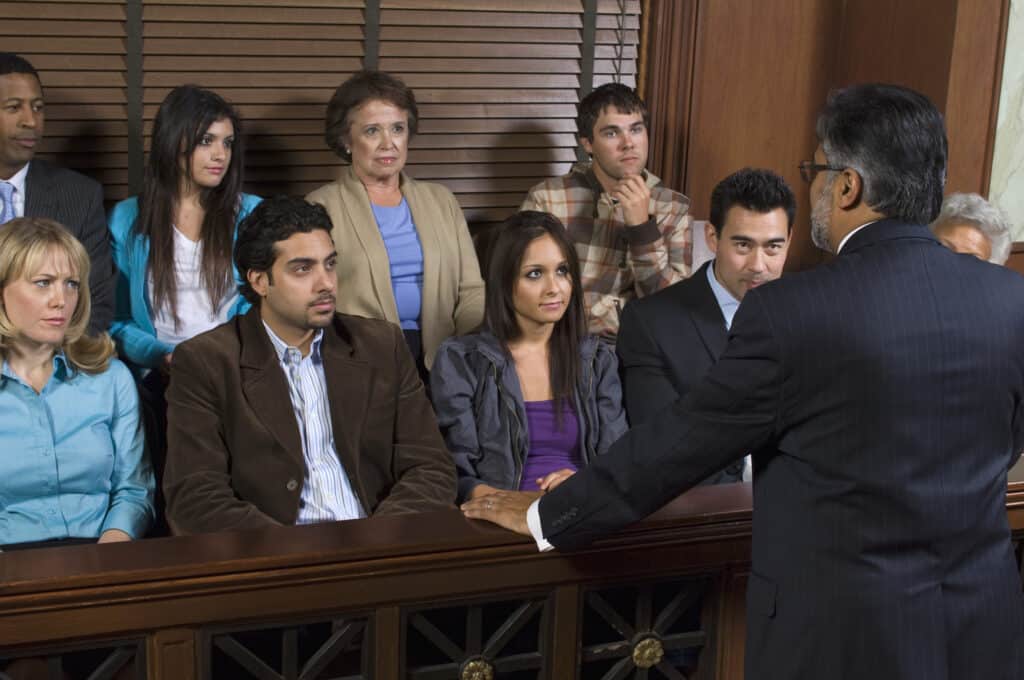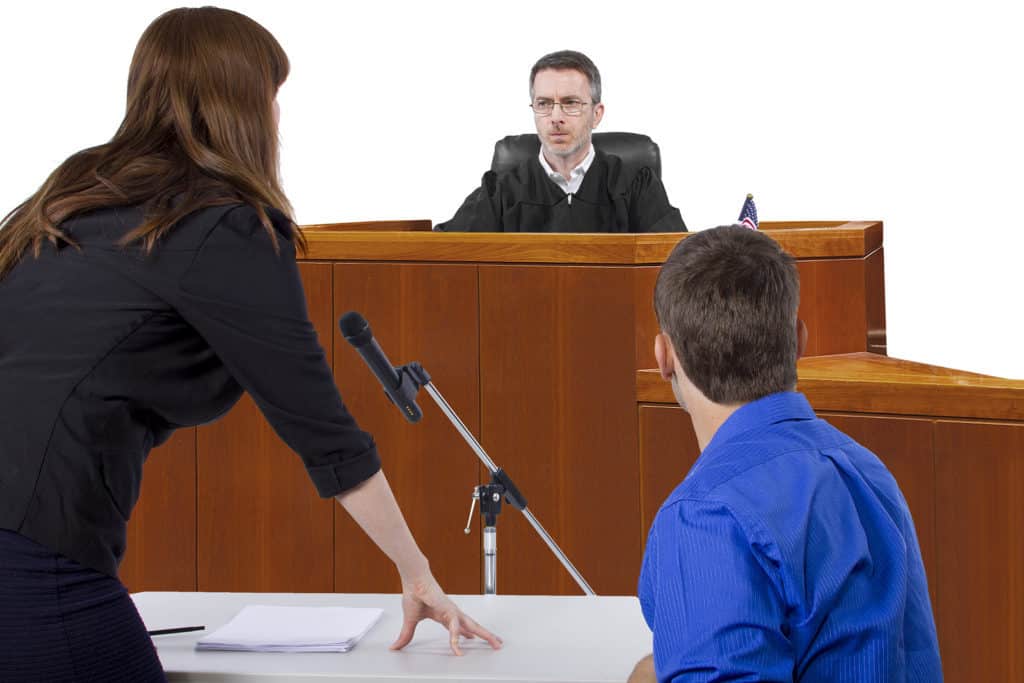Jury selection is a critical part of any criminal and civil trial. The jury is responsible for deciding the guilt or innocence of the defendant, and as such, they must be fair and impartial. But how long does jury selection take?
Well, the length of jury selection depends on several factors, but the process usually lasts several hours. The size of jury selection also varies depending on the jurisdiction in which the trial takes place.
In other words, we don’t have a hard and fast answer for how long jury selection will take. However, we can give you a general idea of how the process works and how long it might last.
But before that, let’s begin with the most obvious questions.
What Is A Jury, Anyway?
A jury is a group of usually 12 people who are chosen to hear the evidence and decide whether the defendant is guilty or not. The jury is selected from a pool of potential jurors known as the venire.
To be eligible to serve on a federal jury, you must be:
- A United States citizen
- At least 18 years old
- A resident of the jurisdiction in which you are serving
- Physically and mentally capable of performing your duties
- Willing and able to serve for the length of the trial
- Not under any form of criminal justice system supervision, such as probation or parole
- Not have any prior felony convictions
- Be able to speak English

The Jury Selection Process
The jury selection process involves the following:
- The selection of prospective jurors.
- The questioning of potential jurors.
- The selection of the jury.
The Selection of Prospective Jurors
The first step in the jury selection process is the selection of prospective jurors. This is usually done by randomly selecting names from a list of eligible potential jurors.
In some cases, the judge or attorneys involved in the case may prefer certain jurors, such as those with knowledge or experience related to the topic.
The Questioning of Potential Jurors
Once the prospective jurors have been selected, they will be questioned by the judge and attorneys. This process is called voir dire, and its purpose is to determine if the juror is impartial and has no biases that could influence their decision-making in the case.
The questions asked during voir dire will vary depending on the case, but they may ask about the juror’s background, employment, education, and family members.
The attorneys may also ask the potential jurors about their opinions on the case or how they think it should be resolved.
The Selection of the Jury
After the potential jurors have been questioned by either the court or the attorneys, the judge will decide which of them will serve on the jury. This is usually done by selecting the least likely jurors to be biased or influenced by outside factors.
The jury typically consists of 6-12 people, but depending on the case; it can be more or less.
Once the selection is made, the jury members will select a foreperson to act as their representative. The selection happens before the beginning of the trial. The chosen member serves as the jury’s spokesperson and informal leader.

How Long Does Trial Take?
Again, the answer to this question depends on several factors. But, generally, the average trial lasts about two to three days. However, some cases can last for weeks or even months.
Some of the factors affecting the length of the trial are:
- The complexity of the case
- The number of witnesses
- Whether an attorney represents the defendant
What Determines the Length of a Trial?
The length of a trial is determined mainly by how complex the case is. If there are many witnesses or the evidence is complicated, the trial is likely to last longer.
Another factor that can affect the length of a trial is how much each side argues. If one side decides to rest their case quickly, it will likely lead to a shorter trial.
How do Jurors Reach a Verdict?
The jury will deliberate on the case after all the evidence has been presented and the attorneys have made their closing arguments.
During deliberations, the jury will discuss the facts of the case.
After hearing all the evidence, deliberating, and considering their options, jurors must come to a unanimous decision (in criminal trials) to find a defendant guilty or innocent.
What Happens if the jury Cannot Reach a Decision?
If the jury cannot reach a decision, they may be asked to continue deliberations or dismissed. This is called a hung jury, which happens in about 5-10% of all criminal cases.
When a hung jury occurs, the case is usually retried.
Can Jury Nullification Lead to a Longer Trial?
Yes, jury nullification can lead to a more extended trial. This is when the jury acquits the defendant even if they believe the defendant is guilty. For example, this can happen if the jury feels that the law is unjust or not violated in this case.
The Bottom Line on Jury Selection
So, how long does jury selection take? Jury selection takes anywhere from a few hours to days.
The process of selecting jurors can be lengthy and drawn out. It is important to have a qualified and diverse jury that will represent the community and fairly judge the defendant.
Jury selection is one of the most important stages in any trial.



